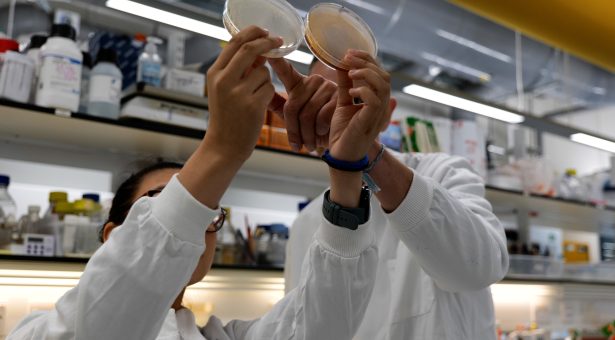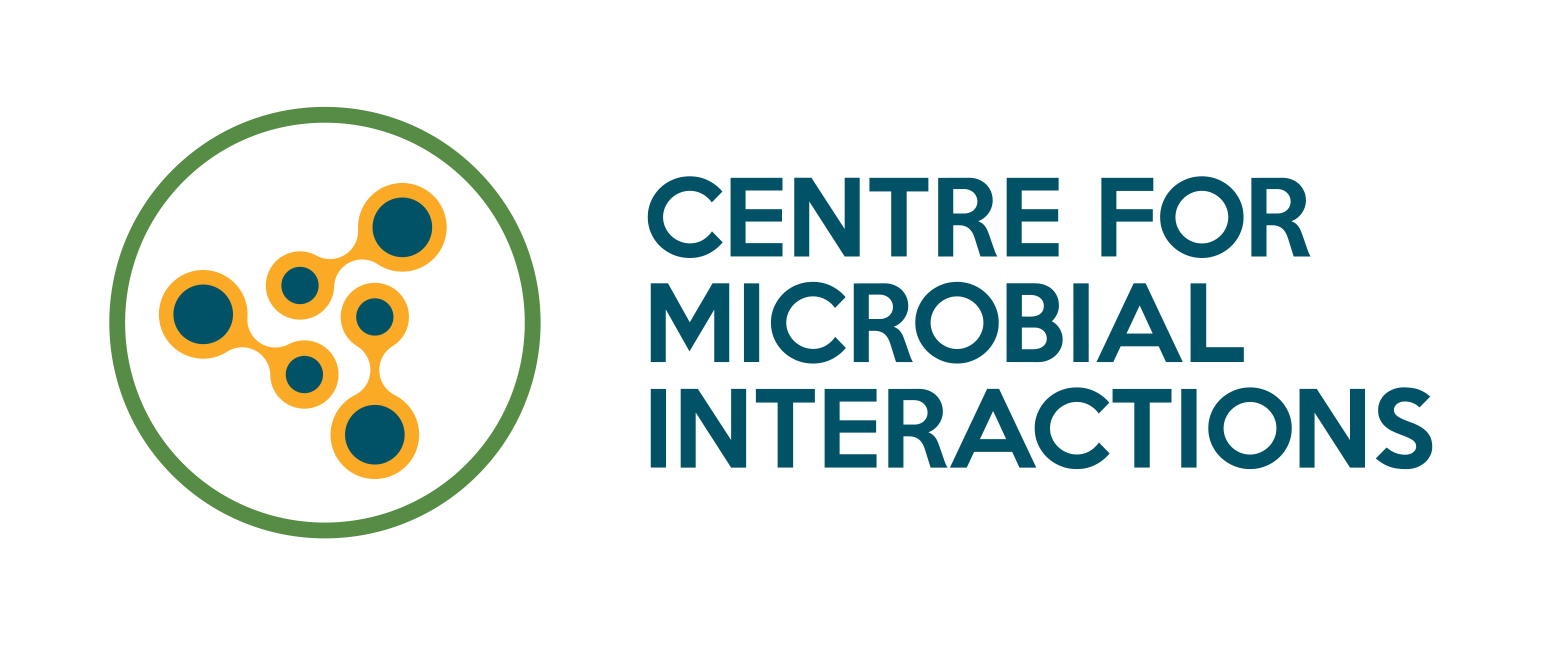
A new initiative has been launched to support and promote the ground-breaking discovery research conducted by the extensive microbiology community at Norwich Research Park.
The Centre for Microbial Interactions represents one of the world's largest concentrations of microbiologists on a single site, with more than 100 microbiology research groups based at the Park's Partner institutions and businesses.
In recognition of microbiology's critical role in addressing the major global challenges in human and environmental health and the immense potential of interdisciplinary collaborations, Norwich Research Park's six Partner institutions, the John Innes Centre, The Sainsbury Laboratory, Earlham Institute, Quadram Institute, University of East Anglia (UEA) and the Norfolk and Norwich University Hospital, have collaborated to launch and fund the Centre for Microbial Interactions.
The sheer number of microbiologists coupled with the teaching expertise and range of world-class scientific facilities, services and businesses co-located at the Park's campus, makes Norwich Research Park one of the most globally important sites for microbiology.

The Centre for Microbial Interactions has evolved from the Microbes in Norwich network to drive high-quality research and innovation in medicine, food, energy and climate change.
A key focus for the Centre is the fostering of collaboration within and beyond Norwich Research Park that will, in turn, help secure funding for ambitious large-scale interdisciplinary projects, make its collective expertise more readily available to policymakers and promote Norwich as a premier location for microbiologists to start and develop their careers.
The Centre for Microbial Interactions is committed to nurturing an interest in the world of microbiology and to help inspire the next generation of microbiologists. To achieve this, it promotes the varied undergraduate degree courses and PhD training programmes available across the Norwich Research Park campus, as well as supporting outreach activities in partnerships with schools, colleges, festivals and other public-facing events.
It will also host PhD placements and other internships focused on science communication, event co-ordination and project management. The Centre's team will also support researchers with interdisciplinary grant applications that bring together the six partner organisations.
Operations are led by Prof Mark Webber of the Quadram Institute, who is taking the role of director, and Dr Sam Rowe, who is the project manager. A working group has been established to help run the Centre, made up of representatives of all of the six partner organisations at the Park.
Prof Webber said, "Microbiology is a critically important area of research that touches so much of our everyday lives. We are fortunate enough to have a one of the largest communities of microbiologists in the world here at Norwich Research Park and the work they do should be highlighted and celebrated. Our work generates significant discoveries and breakthroughs, year-on-year, to tackle some of the major challenges facing our planet and the people that live on it.
"By bringing everyone together as part of the Centre for Microbial Interactions, we will have a better platform for sharing the outcomes of our research, creating greater opportunities for collaboration both across the Park and with other researchers across the globe and it will improve our prospects for attracting sizeable funding that will enable us to continue to do microbiology that matters."
The Centre for Microbial Interaction's first annual conference will take place on 26-27 February 2025 at the John Innes Conference Centre, bringing together the microbiology community across the Park. The Centre will also have a presence at the very popular Norwich Science Festival 2025 with a city centre poster trail, giving visitors the chance to learn about the fascinating micro-organisms studied in Norwich.
Roz Bird, CEO of Anglia Innovation Partnership LLP, the campus management organisation at Norwich Research Park, said, "We are one of the largest research clusters in Europe with around 30,000 people on site every day. Not only are we co-located on one campus, but there are also lots of opportunities to collaborate. We share one vision for the creation of a unique cluster of activity 'from farm to fork to clinic'.
"Having one of the world's largest communities of microbiologists here on the park's campus is a real asset that will undoubtedly lead to further breakthrough discoveries that will help us address some of the grand challenges we face and provide opportunities to create spin-out businesses to commercialise the findings."
The Centre for Microbial Interactions has launched a new website and a promotional video, will attend conferences, engage with the media and organise its own training workshops and public engagement activities.
Its brand identity, website and promotional video were created by Norwich-based marketing agency oneonone communications.






